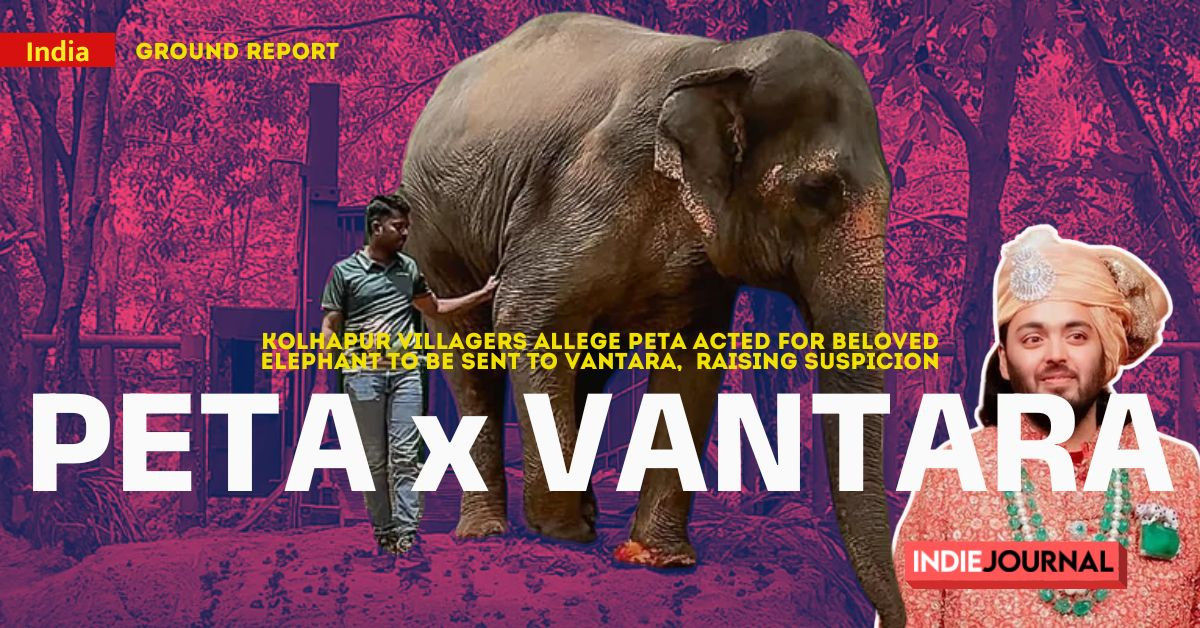India
Barsu-Solgaon: Maharashtra govt. forms SIT for probe into killing of journalist
Rajapur journalist Shashikant Varishe was run over after he published a news report against a refinery supporter.

Under heavy scrutiny from journalists and citizens all over the country over the killing of Rajapur journalist Shashikant Varishe, Maharashtra Deputy Chief Minister Devendra Fadnavis has ordered to constitute a Special Investigation Team (SIT) to probe the case. Varishe, who was known for his consistent coverage of the anti-refinery voices in the Barsu-Solgaon region, was run over by a known influential refinery supporter Padharinath Amberkar, on Tuesday, hours after the journalist published a news report against the latter.
Fadnavis, who holds the Home portfolio, has directed the police department to set up the SIT headed by a senior officer, after the incident grabbed attention in national headlines.
The brutal killing of the journalist, who succumbed to his injuries during treatment on Wednesday, sparked condemnation and demand for a probe into the matter from all over the country. Several associations and unions of journalists, even on the national level, condemned the incident and demanded that the Maharashtra government take immediate and serious action in this regard. Mumbai Press Club, in its statement, also demanded that all work on the refinery be stopped immediately until the investigation is over.
Varishe was known to be the only newspaper journalist working in the area, who was actively pursuing the news related to the refinery project and the people’s opposition that it faced. Those who knew him spoke fondly of his passion for his work and how he always gave a platform to people’s voices.
“May it be the protest in Jaitapur or the agitation against the ILog port in Ambolgad, Varishe was always there to cover people’s movements,” Satyajit Tambe, an activist associated with the movement against the refinery wrote on Facebook, in a tribute to the activist.
Press Club of India, Press Association and DUJ condemn brutal killing of journalist Shashikant Warishe in Maharashtra
— Press Club of India (@PCITweets) February 9, 2023
We demand a high-level judicial probe, ensure security to journalists. pic.twitter.com/dclqNkmlEy
Referring to the news report, which has alleged that lands worth crores were given to journalists as 'gifts' to suppress the movement against refinery, Amol Bole, a resident of Shivane and president of the Barsu Solgaon Refinery Virodhi Sanghatana, said even Varishe was made an offer.
“Varishe was made a monetary offer to stop writing against the refinery. However, he rejected it. He was a true journalist,” Bole adds.
On the fateful day, he had published a report in the Marathi daily Dainik Mahanagari Times, wherein he referred to Amberkar as an “accused in serious offences”. Amberkar has been booked by the police a few times in the past for intimidating and assaulting people opposing the Nanar refinery project initially and now the Barsu-Solgaon refinery project.
Hours after the report was out, Aberkar, who was driving his vehicle Mahindra Thar, reportedly ran over Varishe, who was standing by his two-wheeler vehicle Activa near the Mangal Gas Agency Indian Oil Petrol Pump in Rajapur.
The Saudi Aramco-backed fossil fuel petrochemical refinery project planned in the Barsu-Solgaon area has been largely opposed by villagers who will be affected by this project for a long time. The region has seen several protests since the announcement of the project and the commencement of land sales for the same. Villagers have expressed fears that they will lose their traditional ways of livelihood to the project along with the environmental degradation of the Konkan coast region.
Bole says that this incident has not initimidated the locals. “Today, we held a protest march in Rajapur to condemn Varishe’s killing and demand justice for him. At least seven to eight thousand villagers from across Barsu-Solagaon Panchakroshi participated. We are more determined than ever now. The killing and the issue has also received national attention now,” he adds.
The Press Council of India also issued a statement on Friday condemning the brutal killing. Earlier, the Committee to Protect Journalists (CPJ), an American independent non-profit, non-governmental organisation, also took cognizance of the incident. Mentioning India's downfall with respect to the safety of journalists, it added in its report that India has featured on CPJ’s Global Impunity Index—which highlights countries with the worst records of bringing journalists’ killers to justice—every year since CPJ started tracking impunity data in 2008.






